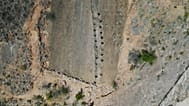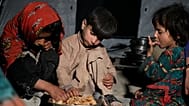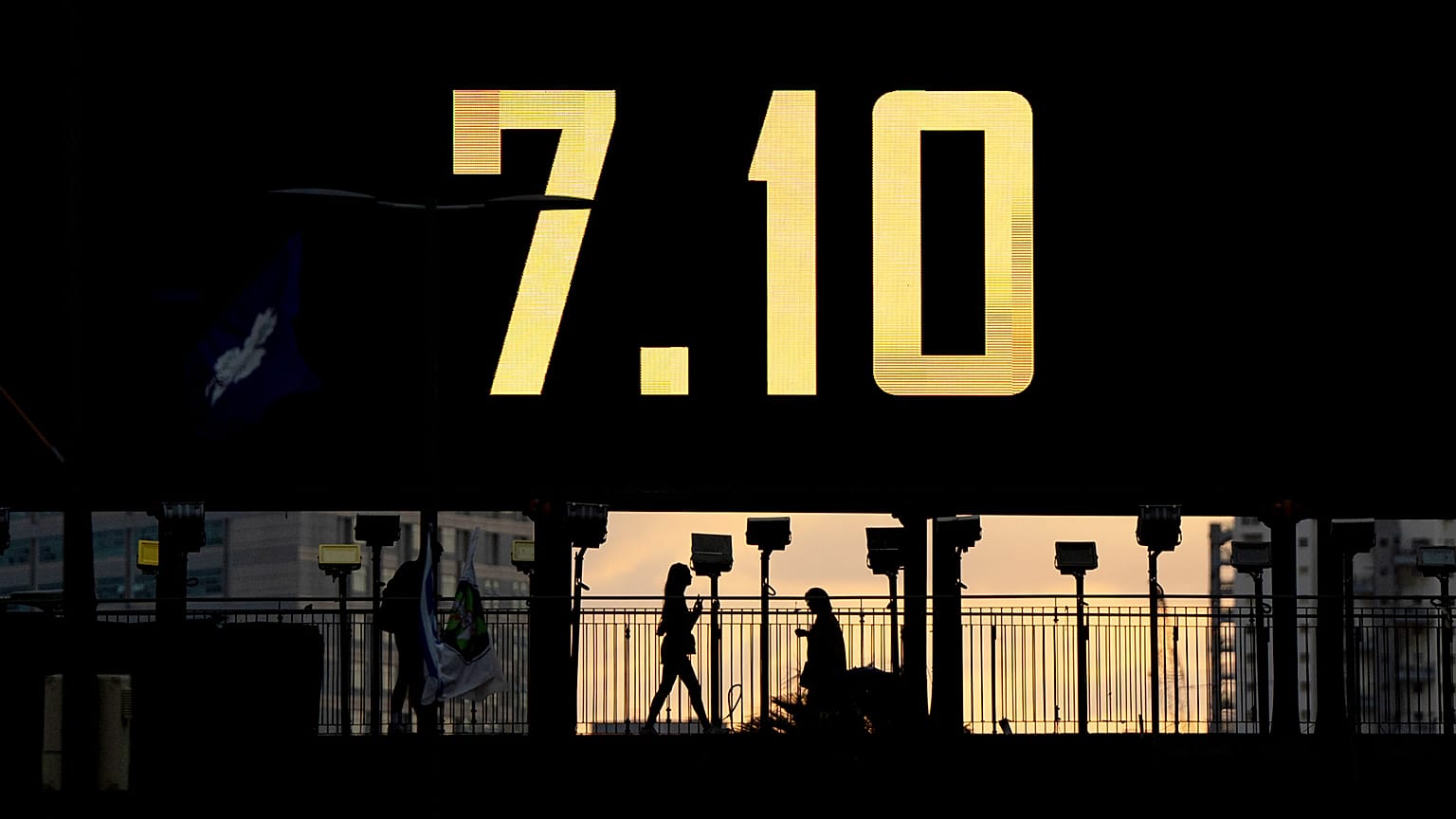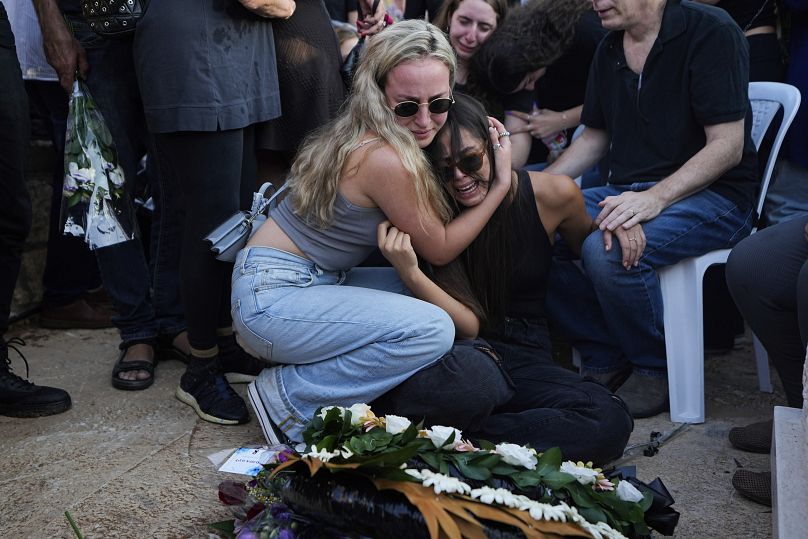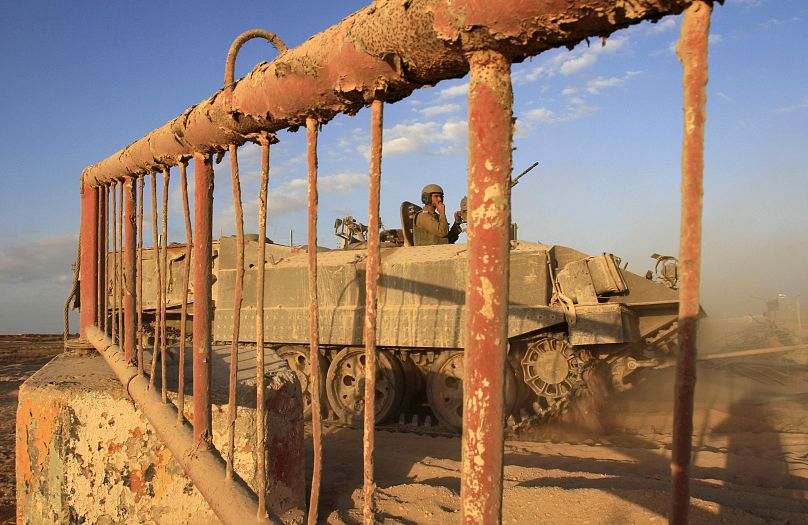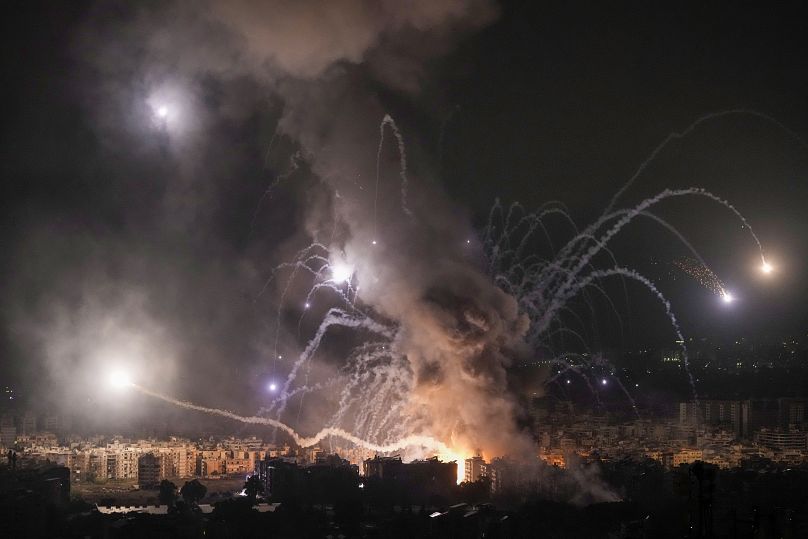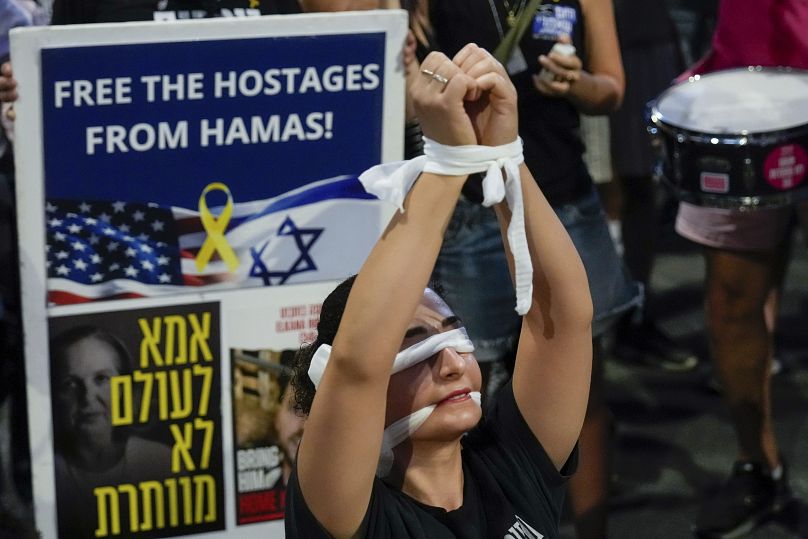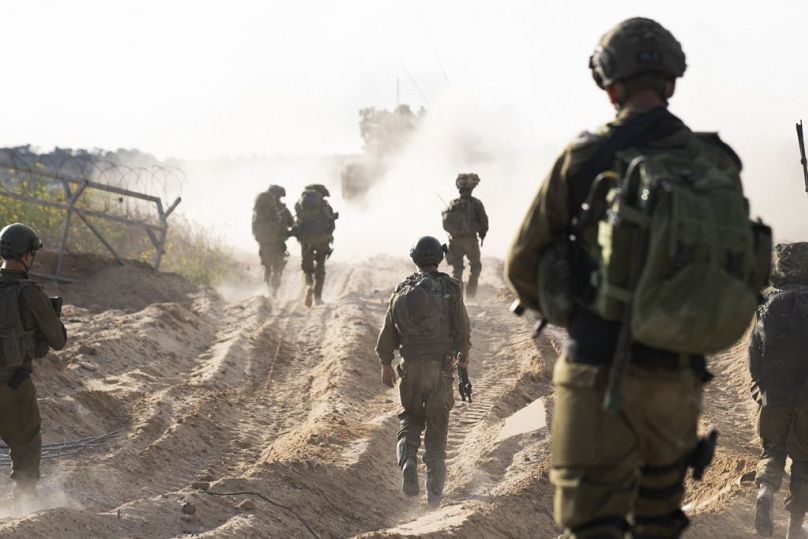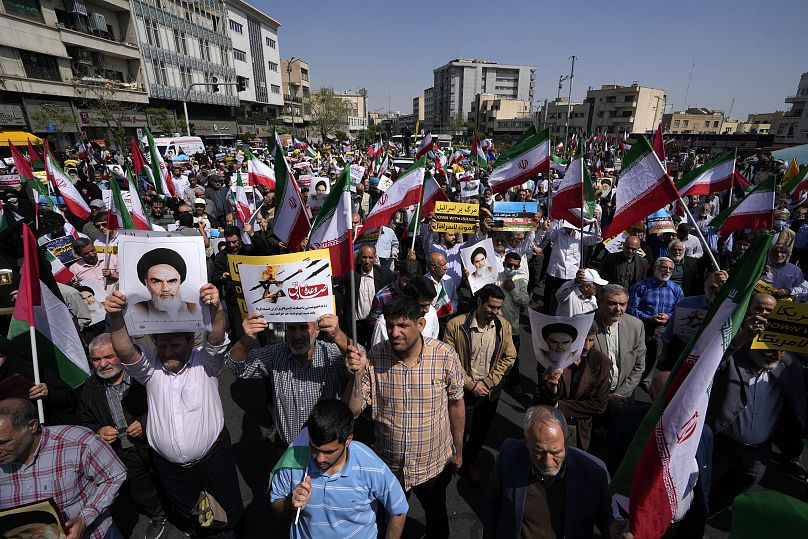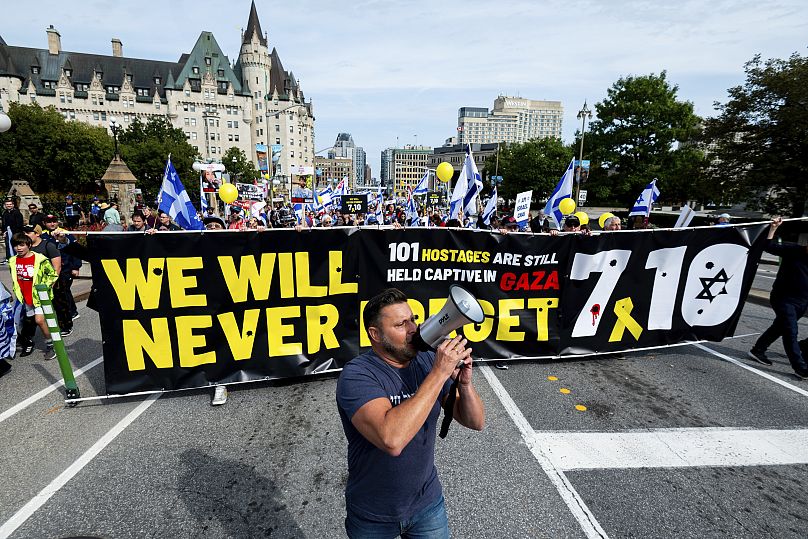Since the Hamas attack in October of last year, events in the Middle East have spiralled out of control, with Israel now fighting a war on multiple fronts that threatens to overwhelm the region.
After the brutal incursion by Hamas militants into Israel on 7 October last year, the government of Israeli Prime Minister Benjamin Netanyahu went on an all-out offensive.
The scale of Hamas' surprise attack and the unprecedented number of people killed and abducted made it apparent to Israelis how vulnerable their country could be in just a few hours.
The Israeli military response was immediate, and the government outlined a range of main objectives: the most immediate of these was to eliminate Hamas in Gaza entirely, the militant group Israel views as a threat to its very existence.
Another was to free the Israeli hostages from Gaza. During the Israel incursion, Hamas captured around 250 people and took them back to Gaza.
But one year later, has Israel achieved any of its operational, strategic, or political goals?
Corridors of power
A year on, the Israeli military is still fighting in Gaza, suffering losses almost every day, while thousands of Palestinian civilians, including women and children, have been killed.
On 30 May this year, the IDF took control of the Philadelphi Corridor, a 14-kilometre strip of land stretching from the Mediterranean Sea to Israel and running along Egypt's border.
According to Israel, controlling this line of territory is crucial to suffocating Hamas by cutting off its supply lines of weaponry that come into Gaza via the Rafah border crossing with Egypt.
But Israel seizing control of the corridor sparked concern in the US and some European countries. They were concerned by the IDF presence in the area, a violation of the US-brokered 1978 Camp David Accords, which established peace between Israel and Egypt.
Egypt, Qatar and some other Arab states that recognised Israel diplomatically have asked it to withdraw its troops.
Egypt's Foreign Minister, Badr Ahmed Mohamed Abdelatty, accused Israel of "using starvation as a weapon to force people to abandon Gaza. Israel has taken the Rafah crossing to prevent international organisations from delivering humanitarian aid leaving Gazans without sufficient food and medicines".
But Israel maintaining a constant military presence along the Philadelphi Corridor and the Netzarim Corridor, the zone of occupation the IDF set up that splits Gaza in half, is one of its conditions for a lasting ceasefire in Gaza.
Fighting Hezbollah
The Lebanese militant group Hezbollah, which is ideologically aligned with Hamas, also demanded Israel withdraw from the area near the Rafah border crossing. In return, it would stop almost daily exchange of fire with Israeli forces in the north. That proposal was rejected.
The Philadelphi Corridor question is the strategic bridge that connects the war in Gaza with the escalating conflict in Lebanon.
Exactly 12 months after the war in Gaza erupted, a new front has opened along Israel's northern border with Lebanon, where it is now engaged in a conflict with Hezbollah. Israel and Hezbollah have traded almost daily cross-border fire since October last year, but in recent weeks, those hostilities have worsened.
On 30 September, Israel launched what it called a targeted ground offensive into Lebanese territory to root out and eliminate Hezbollah fighters and positions.
Targets not met
More than 600 members of Israel's security forces have lost their lives in punishing urban warfare in Gaza. And according to the Hamas-run health ministry, more than 41,000 Palestinians have been killed.
However, the ministry does not distinguish between civilians and combatants in its count.
A year of war has left Gaza a wreck. Large portions of the land are nothing more than piles of rubble, and the people still living there are under continuous threat of starvation and illness.
And still, the goal of eradicating Hamas is still far from being reached. According to Israeli figures, 117 hostages have been released, but most of those were exchanged for Palestinian prisoners in a temporary November truce rather than freed as a result of IDF military operations.
What happened on 7 October?
On 7 October 2023 at 6.30 am local time, Hamas launched what it dubbed the "Al Aqsa Flood".
Almost 6,000 rockets were launched from Gaza on Israeli targets, including populated areas around the Gaza Strip and major cities like Tel Aviv and Ashkelon.
The unexpected attack, carried out by a Hamas-coordinated conglomerate of various Palestinian armed groups, killed more than 1,200 Israelis, the majority of whom were civilians.
Some 6,000 armed Palestinians breached Gaza's borders and stormed villages and settlements in Israel after overwhelming the few Israeli military units present in the area.
The gunmen attacked by land, with pick-ups and motorbikes, from the sea, with speed boats, and from the sky using paragliders.
Among the first victims were attendees of an open-air music festival near the kibbutz of Re’im.
During the incursion, Hamas and its allies committed dozens of crimes, including sexual assault against Israeli civilians.
It was the first invasion of Israeli territory since 1948, the year the country was founded, and the lightning attacks surprised both Israel and the world.
The sophisticated mix of guerrilla tactics, commando military operations and hybrid warfare caught Israeli security off guard.
Such an operation needs training and preparation, and some military analysts around the world were baffled that Israeli intelligence wasn't aware that Hamas was training for a military operation.
Moreover, the reaction from the IDF was far from rapid or coordinated, adding chaos to the panic.
Netanyahu's government became the subject of harsh criticism by the Israeli public for what they said was mismanaging national security.
Military response
The brutality of the killings and the number of hostages taken could only result in a military answer.
Netanyahu's government responded with force and hit hard and deep into Gaza, further driven by the international dimension of the attack as Hamas receives support and funding from Israel's arch-enemy, Iran.
The Israeli cabinet ordered a military response on the same day, launching Operation Swords of Iron. It started with air strikes, paving the way for a ground assault on 27 October.
Israeli authorities instructed more than one million Palestinians to leave Gaza. However, with nowhere to go after the closure of the border with Egypt, they had no choice but to stay.
On 20 May this year, the International Criminal Court prosecutor launched proceedings for issuing arrest warrants for Netanyahu and Defence Minister Yoav Gallant.
The court also announced the prosecution of senior Hamas figures Yahya Sinwar, Mahamed Deif and Ismail Haniyeh.
On 31 July, Haniyeh was killed in an Israeli strike in the Iranian capital Tehran.
On the diplomatic front, voices for the recognition of a Palestinian state have been growing louder. Even though the two-state solution has been pushed aside by the reality on the ground and Netanyahu has completely ruled it out, in May, Ireland, Spain and Norway formally recognised Palestine as an independent state.
Slovenia followed them later the same month. The move was backed by European Council President Charles Michel.
Will the West Bank become the new Gaza?
In late September, the IDF intensified operations in the West Bank as part of its anti-Hamas mission.
Hamas, Islamic Jihad and other Palestinian militant movements have extended their guerrilla network in a bid to destabilise the West Bank, ostensibly controlled by the Palestinian Authority, but in reality, much of it is occupied and administered by Israel.
The West Bank is also under pressure from Israeli settlers who have been trying to establish new colonies there with the support of the far-right political parties that are members of the Netanyahu-led coalition government.
These settlements are illegal under international law and have been widely condemned by the international community.
Meanwhile, the West Bank remains a powder keg that could erupt at any time.

